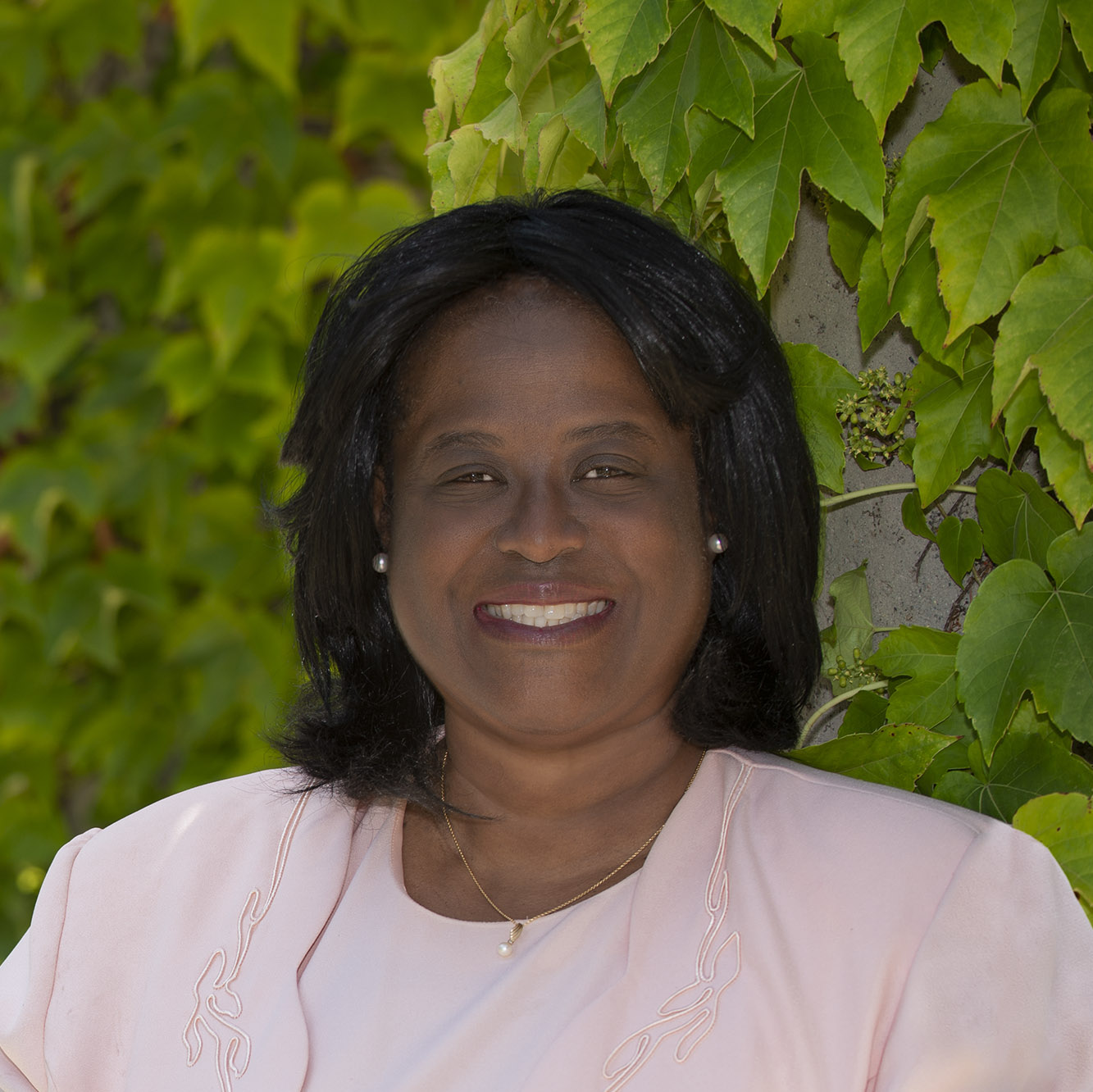
Kimberly Gordon Biddle, EdS ’90, PhD ’93, is recognized for her work in child development and early education. Her research has shed critical light on the role that poverty and racism play in shaping a child’s future. A professor of child development at Sacramento State University since 2002, she has coauthored textbooks on early childhood education and careers in child development. Biddle was the first in her family to graduate from college and regularly mentors other first-generation students. “They’re coming to college without anyone who can help them navigate,” she said. “I know that was something I needed when I was a student.”
You grew up with a single mother in a high-poverty, rural community in Illinois. What impact did that have on your decision to go into education?
My mom always stressed the importance of education, and how she wished she had finished hers. She tried to finish college while she was raising me and my brother and working three jobs. She couldn’t do it then. But she went back years later, and she finished her degree when she was 50 years old.
My dad lived nearby, but I’m not sure if he even finished high school. He worked as a prison guard, and when I was going to school, he wondered, “What are you doing that for?”
School was where I got a lot of my validation. I did well, I got good grades and good feedback. And even though I was raised in poverty, I was always taught to help and give back. There’s an old African American saying: “Each one teach one.” There’s so much potential, and I don’t like to see lost potential.
You’ve noted that there are few black scholars focused on child development and early education. What kind of impact does this lack of diversity have on the field?
Young African American boys are expelled from preschoolat high rates. Preschool—before they even hit kindergarten, they’re being expelled. Once you get behind in education, once you get labeled this or that, it’s hard to catch up. It narrows your chances of becoming successful, starting at three and four years old.
We need to look to see what might be causing a child to do what they’re doing. Is it something in the child’s environment, something the teacher doesn’t see or understand? African American females can be punished for something as simple or personal as their hair—being told they can’t wear French braids or cornrows, or they can’t wear their hair natural at school. There needs to be more sensitivity and understanding around cultural issues in preschool so that we’re not limiting kids’ options in the future.
Everywhere I’ve worked, I’ve been the only African American in my department. At Stanford [GSE], there were other African Americans, but in my program [in child and adolescent development], I was the only one. We need more African Americans graduating from college, getting master’s degrees and PhDs and getting into this field—getting into all fields.
You recently published a children’s book, LaDonna Plays Hoops. What inspired you to write it?
I wanted to write a children’s story about a character with my background to add to the dialogue. What children see in books impacts them, and I thought, “We need to see ourselves more as the champion and the hero.” The #OwnVoices movement [encouraging stories written by authors who share their characters’ marginalized identity] only started a few years ago.
I started writing LaDonna back in the late 1980s, while I was at Stanford. For a while it didn’t go anywhere, and I thought, “Either I’m not a good enough writer, or the world just isn’t ready to hear this.” I was also finishing my dissertation and working, and life happens—so for a period of time, I gave up. About four years ago, I dusted it off and tried again. It was published last fall.
When I first started writing it, it was mostly about the male protagonist. But so many of my friends said to make it about the girl, so I changed it. I’m working on another book about LaDonna now. Children’s books about African Americans are usually historical or biographical—about Harriet Tubman, George Washington Carver, that sort of thing. My book was nominated for an award recently, but they didn’t even have a contemporary fiction category under multicultural children’s books.
You have an 11-year-old son. Does your academic work influence your parenting, and vice versa?
They both influence each other, definitely. I’ve realized that what’s in the textbooks and the research doesn’t always match real life. The research can only take you so far.
I remember my husband saying, “You’re going to know exactly what to do as a parent, right?” I said, “Well, I’ll know how to describe what he’s doing—I’ll know what to call it.”
One of the things I’ve learned is that each child is so different—there’s a range, some children speak at seven months, other don’t until 18 months. But it really hits you when it’s your own child. When we do research, we’re looking at the average. The research can’t capture it all. I share that with my students now, and my son gives me lots of examples.
For more information about the GSE Alumni Excellence in Education Award reception, and to register for this special event, please visit the GSE’s reunion web page.